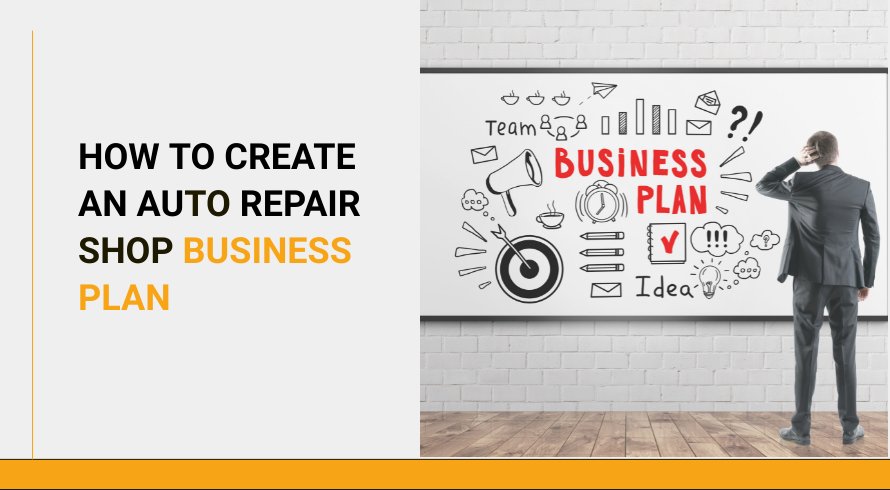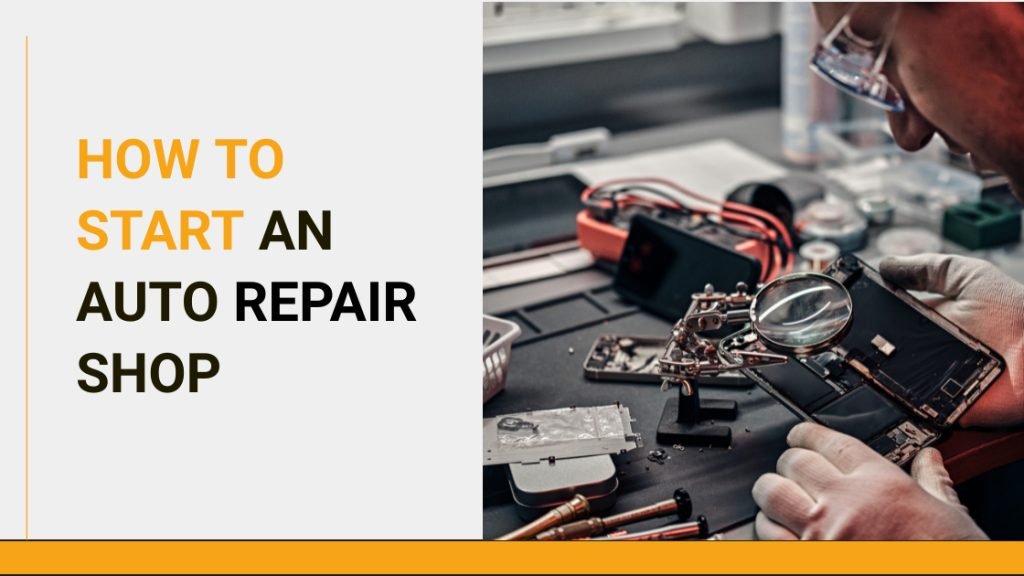Are you running your own auto repair shop and hunting for the best customer relationship management tool? Then you’re in the right place!
In this helpful guide, we will discuss auto shop management software and CRMs that you can use to take auto repair shops to the next level. An automotive CRM comes packed with many capabilities to make your operations smoother while boosting customer satisfaction.
Below, you’ll discover what an automotive CRM is and how you can use CRM for your auto repair shops.
What’s An Automotive CRM?
An automotive CRM is a customer care, sales, and marketing platform created specifically for the unique car-buying journey. Most automotive CRMs link with existing Dealer Management Systems (DMS) to avoid the need for duplicate entering of client data.
There are four main advantages of using an automotive CRM (among many others that we will discuss later):
Lead Management: Lead Management is keeping track of sales leads from any source, whether online, over the phone, from third parties, or through walk-ins.
Lead Nurturing and Generation: CRMs allow you to be the first to reply to new leads with features like Auto-Responder or Auto Reply. CRMs enable you to keep track of all customer touchpoints, whether by phone, text, or email.
Transparency and reporting: Track each deal from start to finish to optimize your sales process. Monitor and record each sales discussion, track KPIs and calculate the ROI of specific marketing channels.
Dealerships can automate and manage their sales, marketing, and customer support activities — and eventually sell more automobiles — with the help of an automotive CRM.
A CRM, just like other auto repair software, is vital for auto repair shops. It helps businesses stay competitive in the automotive industry. The auto industry is cut-throat, and without auto shop management software, automotive repair shops can lose out on market share.
The Benefits of Getting A Customer Relationship Management Software For Your Auto Repair Shop
You might already know that getting a customer relationship management system can bring many benefits to auto shops. But you should also know that auto repair software like CRM is costly. However, many players in the auto industry argue that auto repair software is worth the investment.
Let’s look at some of the benefits of investing in a CRM for auto repair shops below:
Organize Leads and Contacts
Dealerships in the automotive industry obtain leads from various sources, including website forms, third-party lead suppliers, their OEMs, internet ads, offline ads, and good old-fashioned walk-ins.
CRMs allow you to store all your contacts in one place and trace where the leads come from. You can determine which channels offer the best outcomes over time.
CRMs also allow you to track discussions over the course of days, weeks, and even years. You’ll have a whole chat history for each contact at your fingertips. It offers ultra-accurate service management that makes managing customer data a breeze.
By streamlining contact management, the software saves a lot of time and cost.
Responds Quickly to Fresh Leads
According to a Harvard Business Review study, salespeople who contacted a lead within one hour were seven times more likely to qualify them and 60 times more likely than those who waited more than 24 hours. Several CRMs include auto-reply tools to ensure no contact goes unnoticed while you are occupied with other duties.
Not only does this shop management system manage customer data, but it also responds to prospects and keeps them engaged.
Keeps The Sales Team Organized
You must know how many cars are sold and who on the team is responsible for those sales. CRMs create reports that can assist your sales staff in forecasting, setting quotas, and tracking performance.
Documents Comunication
You don’t have to struggle to recall conversation details when you can fetch the information from the CRM. Being in the auto industry, an auto repair shop has to respond to thousands of leads every day. By documenting each communication, the CRM shields your auto repair shop from negligence.
Maintains Compliance
A TCPA complaint can be time-consuming, but failing to do so could be considerably more costly. The Telephone Consumer Protection Act (TCPA) is a 1991 regulation that prevents businesses from sending unsolicited contact to customers via telephone technology. That implies you must obtain the customer’s permission to continue interacting via phone, text, or email. You must also respect their desire to discontinue contact (opt-out).
Offer Credit and Financing Options
Certain CRMs allow you to pre-approve customers using soft credit pulls. With financial information, salesmen can swiftly place customers in the right automobile. Soft draws do not affect a customer’s credit score, making them an easy sell.
Optimizes Your Marketing Budget
Do you know which marketing channels are the most effective? In a tight economy and greater competition, shops of all sizes in the auto industry must make every marketing and advertising dollar count.
CRMs assist an auto repair shop in determining its highest- and lowest-performing marketing channels by tracking the source of incoming leads. Some CRMs even allow you to create bespoke reports to share with your team.
The Key Features of an Auto Repair CRM
Every dealership is a little bit different, and so is every CRM. You don’t just want to be like the guy down the street. You must select the greatest tool for your needs.
Having said that, we’ve used a variety of CRMs in the past. We know what works and what doesn’t. The top CRMs provide a core set of capabilities that increase efficiency, productivity, transparency, and consistency.
While assessing automotive CRMs, the following features should be considered:
Simple Onboarding and Training
Your sales team will not use an automobile CRM if it is cumbersome, clumsy, and tough to master. They already have enough on their plates without learning to use a difficult new tool. Your automobile CRM must be simple and have extensive onboarding/training materials.
Initially, seek a CRM with a modern, user-friendly interface. It should feel familiar to your salesmen, whether they are new to the field or seasoned veterans.
Second, the CRM vendor should provide thorough onboarding and training. The best CRMs will guide you through onboarding to ensure your success. You and your team should have access to learning libraries and assistance guides for continual training.
Selecting a CRM without a robust training program could be disastrous for your company. This is an important component of a decent automobile CRM that is frequently overlooked.
Integrations with DMS
CRMs track sales possibilities and processes, whereas DMS systems manage desks, accounting, and inventory. When it comes time to seal a sale, dealerships must be able to transfer opportunities from their CRM to their DMS easily. Ideally, your CRM will integrate with your DMS.
Selly CRM, for example, interfaces with Frazer, Wayne Reaves, AutoManager, and hundreds of other DMSs.
But what if your CRM doesn’t interact with your DMS? It’s hardly the end of the world, especially for small and medium-sized dealerships. The advantages of a CRM greatly outweigh the occasional annoyance of sending data to your DMS.
Handling of Voice and Text Messages
Whether you’re a one-man show or manage a sales staff, your sales process must be systemized. CRMs with built-in voice and text messaging management go a long way toward achieving this goal. They assist dealerships in maintaining openness, consistency, and responsibility on their sales crew.
While considering CRM platforms, ensure that the platform can:
- Monitor and record phone calls conducted over the platform.
- Assign follow-up tasks.
- Direct incoming calls to the sales representative handling the deal
- Maintain TCPA compliance with opt-in/opt-out message consent.
- Automate messages
- Build templates for popular customer messages.
- Store recorded phone calls for use in sales training
No more searching for papers or rummaging through filing cabinets. Retain all customer communications in one place: your CRM.
Automatic email Responses
Email responses will help you further streamline customer contact. Putting up automated email responses will help your team to respond promptly when leads contact you, which is crucial to closing the deal.
Platforms for Mobile and Desktop
You don’t run your dealership from a desk. You’re out on the lot, on the sales floor, and at auctions buying the greatest merchandise.
You require a CRM that can be accessed from anywhere, such as a Mac or Windows computer (desktop or laptop), tablet, or mobile phone. Cloud-based CRMs with mobile and desktop apps ensure data is saved across all devices. There is no need to reenter data.
Analysis of market channels
You can’t afford to guess how your dealership’s lead-generating sources (AutoTrader, etc.) are performing. Choose a CRM that includes a marketing channel analytics dashboard so you can see all of the dealership’s lead sources.
Seek a CRM that generates marketing data that are clear, concise, and simple to grasp. It should have the following features:
- Compare marketing channels based on lead quality and cost.
- Customized dashboard to meet your business.
- See monthly and yearly sales trends.
- Keep an eye on the performance of your sales team (individually and as a dealership)
Task and appointment management
Choose a CRM that helps you to organize all meetings and duties related to the deal in a single location. Sales managers may examine the status of every deal in the shop on the feature dashboard, and sales employees can follow the status of the deals they’re working on.
CRMs keep your team on track with every deal, ensuring that follow-ups and lead information are never lost.




